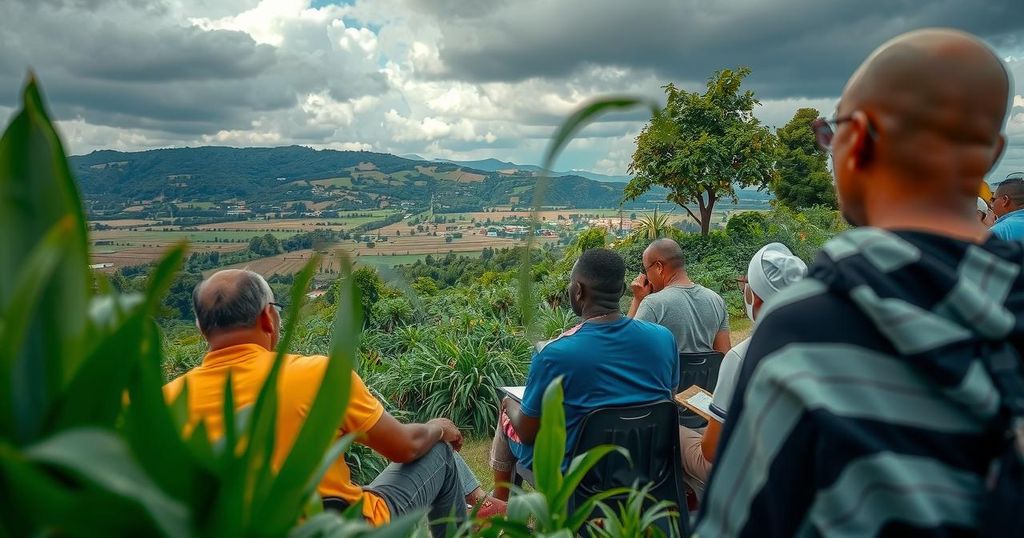The KUJ and IFJ workshop focused on strengthening the capacity of Kenyan journalists in climate change and environmental reporting. Key topics included the media’s role in climate action, the challenges faced in reporting these subjects, and the importance of utilizing credible sources. The workshop emphasized equipping journalists with the knowledge to effectively cover climate issues and advocate for accountability in climate finance.
The recent workshop held by the Kenya Union of Journalists (KUJ) and the International Federation of Journalists (IFJ) gathered 18 journalists from both state and private media outlets across Kenya to enhance their skills in climate change and environmental reporting. Opening the workshop, KUJ Secretary General Eric Charles Oduor emphasized that climate change represents the most pressing issue of our era and highlighted the media’s crucial role in addressing it. He noted that African media, despite being significantly impacted by climate issues, has been criticized for under-reporting these vital subjects. Director of the IFJ Africa Office, Pa Louis Thomasi, acknowledged the myriad challenges journalists face while reporting on climate and environmental matters in Africa. He pointed out the lack of access to reliable and updated data and the reluctance of some governments to share this information with reporters. Additionally, he highlighted the resource constraints many media houses face, particularly private ones, which hampers in-depth investigative reporting on climate and environmental topics. Marvel Powerson, the workshop’s lead trainer and a prominent member of the Kenya Climate Change Working Group, stated that effective climate journalism is essential for combating misinformation. She encouraged journalists to utilize credible information and to be sensitive to the cultural contexts of the communities affected by climate change. Furthermore, she urged the press to be proactive in monitoring climate finance and ensuring governmental accountability. Throughout the two-day workshop, participants engaged in various discussions on critical topics such as the media’s role in climate action, essential tools for climate journalism, successful case studies, and the importance of media freedom in the pursuit of climate justice. The aim was to equip journalists with the necessary expertise to report effectively and responsibly on climate issues and their impacts on society.
The workshop organized by KUJ and IFJ aimed to address the critical need for enhanced reporting on climate change and environmental issues in Africa. As climate change poses a significant threat to the continent, the role of journalists in communicating these challenges effectively becomes essential. The event sought to equip journalists with the skills and knowledge required to produce informed, accurate, and impactful stories that reflect the realities faced by affected communities.
The workshop conducted by KUJ and IFJ highlighted the urgent need for improved climate change reporting in Africa, emphasizing the media’s critical role in fostering awareness and accountability. Notable challenges such as data accessibility and resource limitations were acknowledged, reinforcing the necessity for targeted training and resources for journalists. The initiative aimed to empower participants, enhancing their capacity to cover climate issues in a responsible and informed manner, thereby contributing to the global fight against climate change.
Original Source: www.ifj.org







